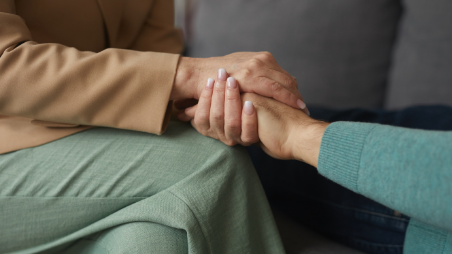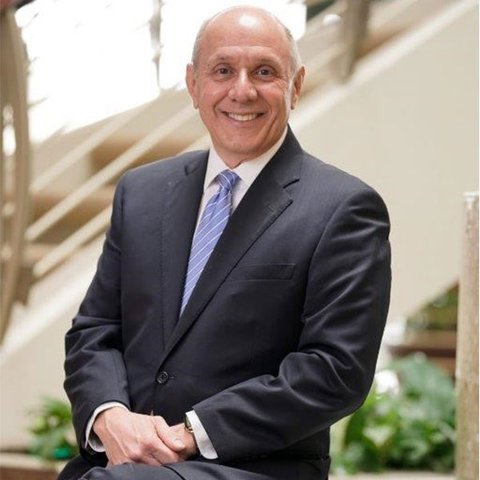This week we were visited by a client whose spouse suffered a stroke a few months ago. Anytime an event such as a sudden change in health occurs, most of us are conditioned to drop everything and come to the aid of the afflicted. It only seems natural. What many people find difficult in the aftermath of a medical incident is the balancing of their role as caregiver with a need to maintain some semblance of independence in their own lives.
Long-term disability is different than death. When someone dies, we typically have an announcement in the newspaper, we have an event, a wake or funeral when we come to pay our respects to the living, and then we move on with our lives. Disability is different. There are no announcements in the paper. People may come by to visit once or twice, but if you are no longer able to run with them, most people will gradually stop including you in events. Unfortunately, many of our “friends” are just relationships of convenience.
Often times, a role reversal can happen. A spouse who is used to being “in charge” may have to take a back seat to their partner. There may be a loss of independence as they lose driving privileges. It is not unusual to feel depressed. Under circumstances such as this, it is easy for a caregiver to overcompensate by giving up much of their freedom or independence to care for their partner. If you are not careful, your quality of life will begin to diminish — making for a very unhappy household.
So what are some steps you can take to maintain a healthy balance in your life? First, make a list of your responsibilities and sort them into two groups: essential and non-essential. Look at your non-essential list. Do you see items, such as cleaning your house, that you could pay someone else to do? Are you overwhelmed with transportation duties just because you are convenient? Are you trying to save money at the expense of your quality of life?
If you have financial resources when a serious illness strikes, use them to help you maintain some semblance of balance in your life. Smoothing out some of life’s bumps can be the best use of your money.
Deprecated: preg_replace(): Passing null to parameter #3 ($subject) of type array|string is deprecated in /home/ogorek_dev_minerva/ogorek.minervawddev.com/wp-includes/kses.php on line 1805
PLEASE SEE IMPORTANT DISCLOSURE INFORMATION HERE.




